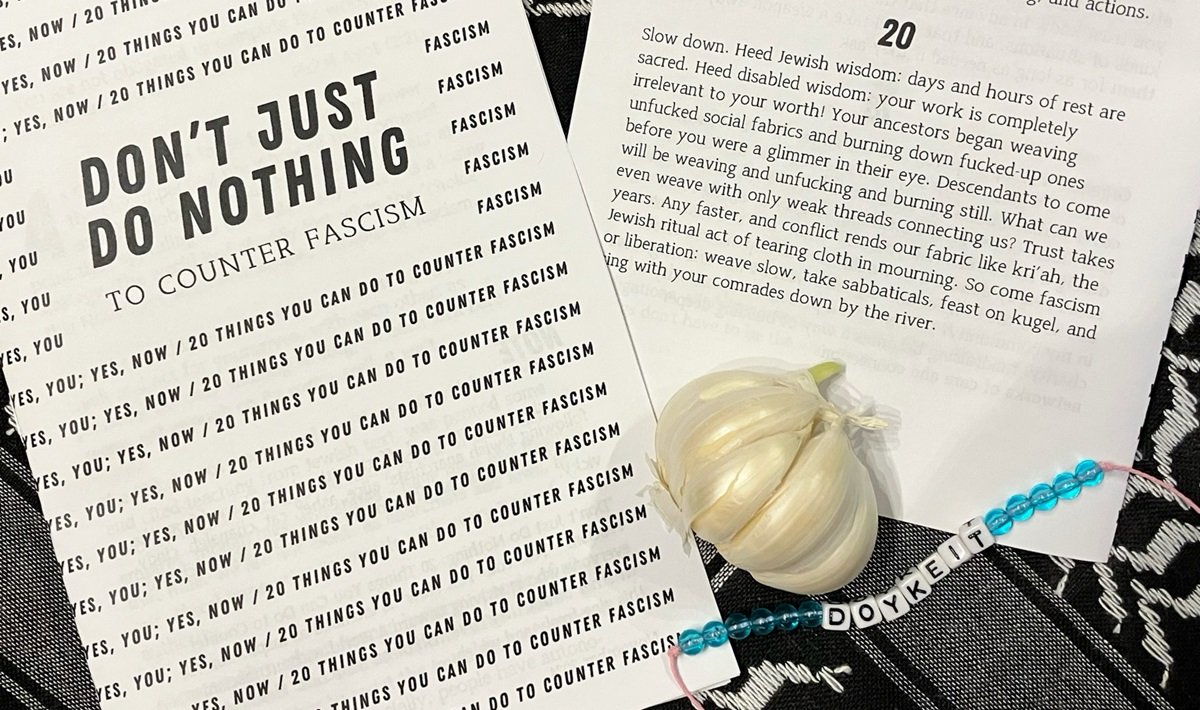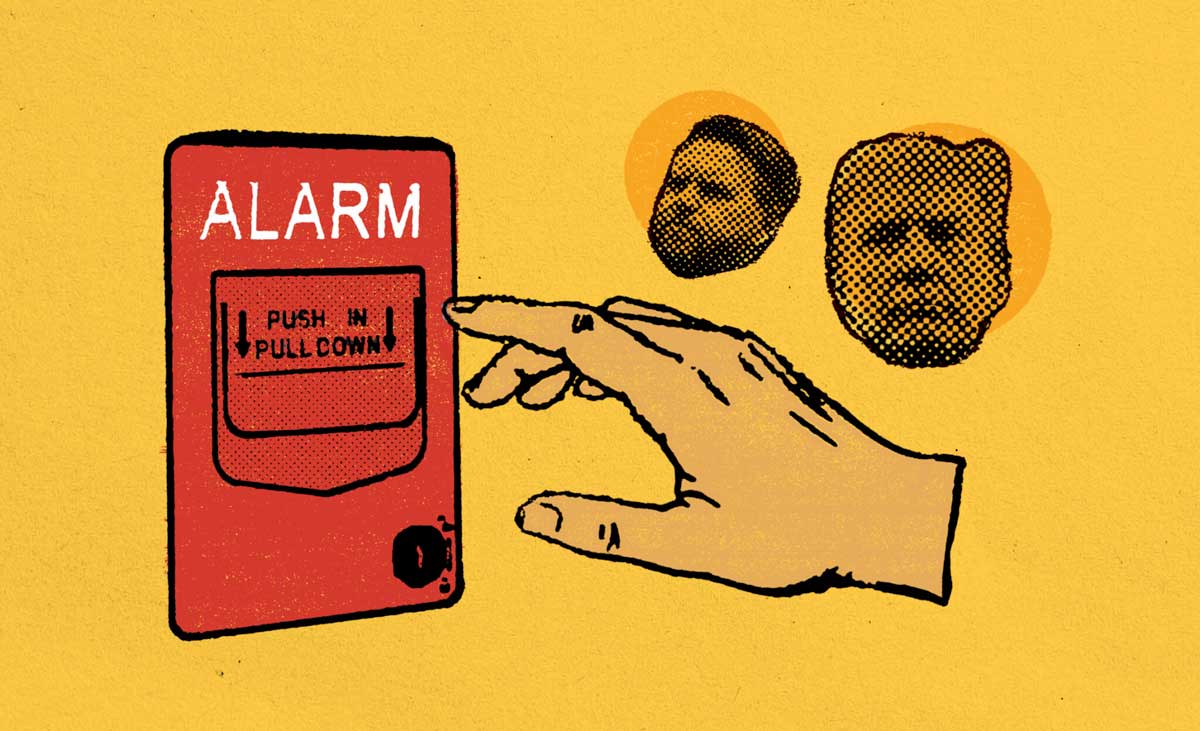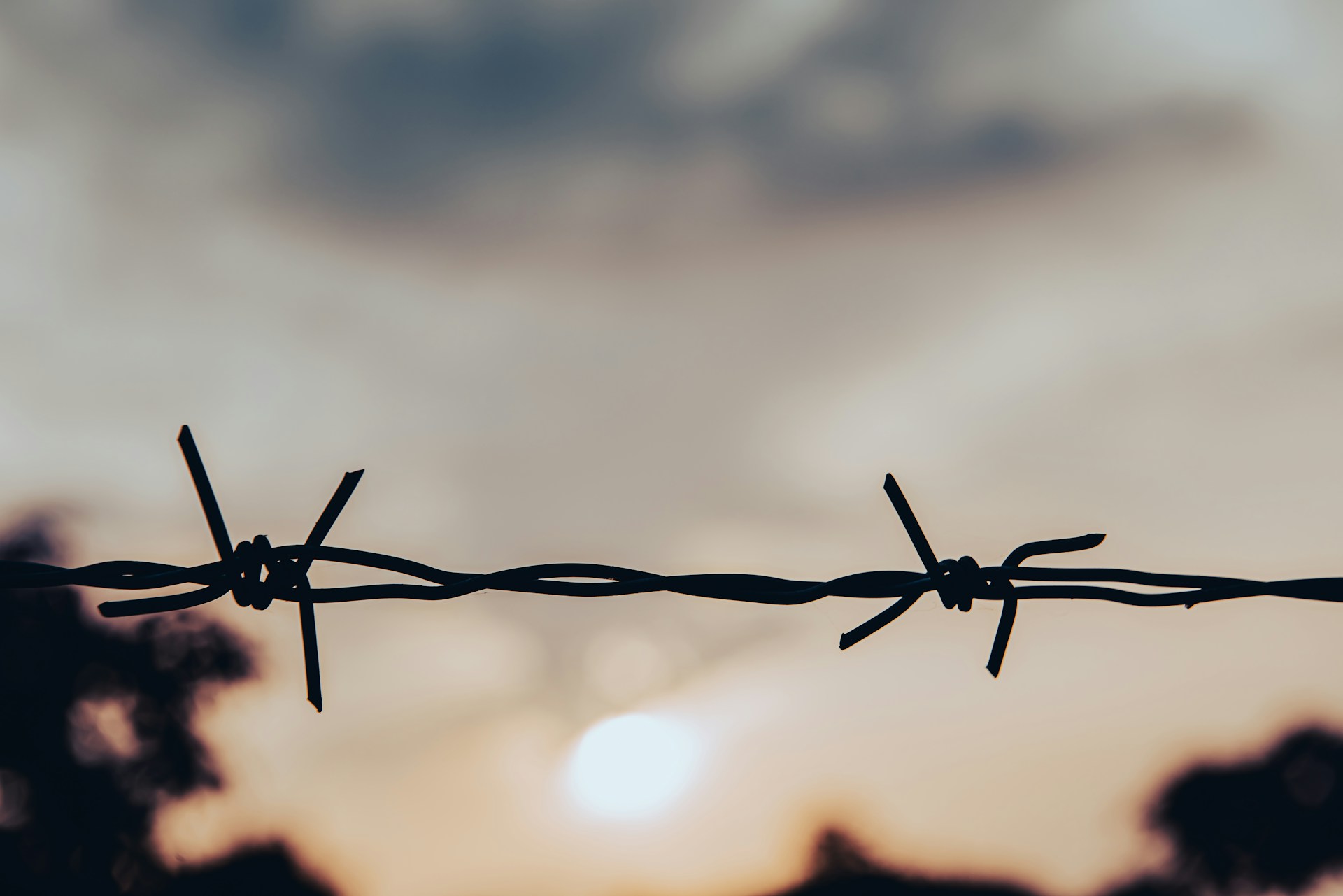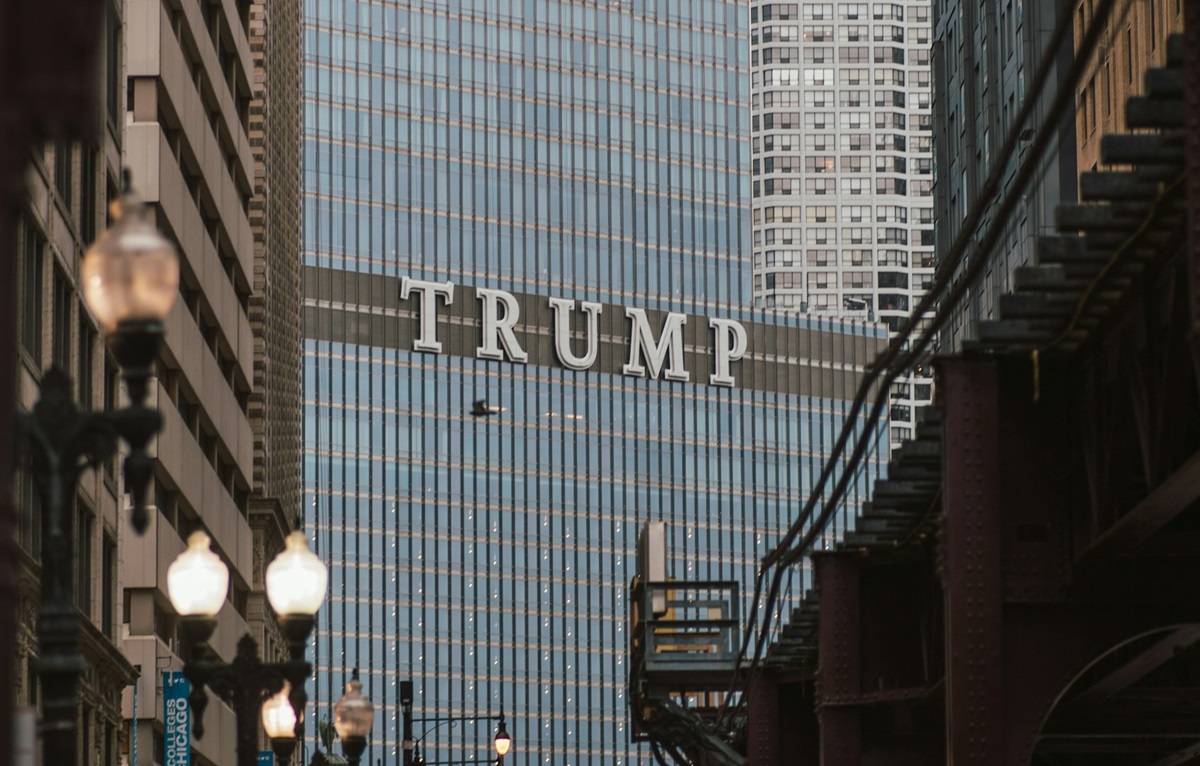Filed under: Anarchist Movement, Editorials, Political Prisoners, US
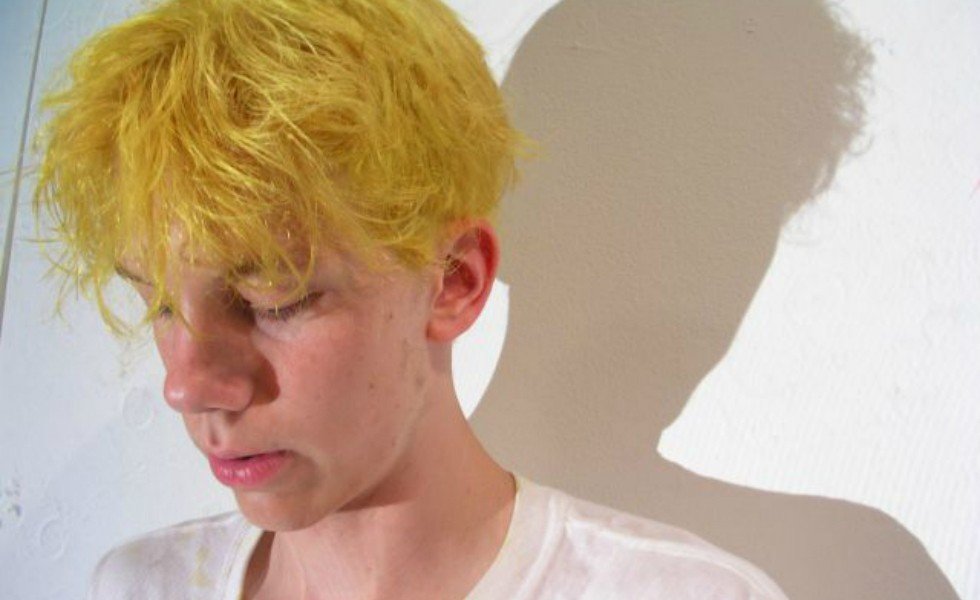
From Free Jeremy
Support Jeremy Hammond Here
This is part one of a two-part series from Jeremy Hammond, detailing his experience while housed in the segregated housing unit, or SHU, from July to September of 2015.
“When are you going to start doing your time right?” one of the prison administrators tell me on their weekly rounds of the Special Housing Unit. I’m back in SHU again, this time for making hooch. I explain one or two disciplinary shots a year is really what you should expect out of a medium-security prisoner. Seems like all of my comrades behind bars are in solitary these days. I’m not complaining though: refusing to be a model inmate, I’ve been in and out nearly a dozen times since I been locked up, and the time is easier to “digest” if you know it’s because of something you actually did unlike some fabricated charge or “investigation.” I’ll be in and out in a month – or so I thought.
You can’t get straight sugar or yeast in prison, and there aren’t many hiding spots that aren’t regularly searched by the police: nevertheless, nothing could ever stop determined convicts from making prison wine. With a partner, I was microwaving the cream from generic Oreos to separate the grease from the sugar and mixing it with spoiled tomato paste stolen from the kitchen, stashed in a vent at my job in vocational training. Two weeks later, and this shit is like gasoline! I had just finished drinking a glass, brushed my teeth, and was feeling pretty good until they call me to the Lieutenant’s office for a breathalyzer test. What the fuck? Then I see them hauling out our stash: only me and dude knew the vent where our next batch was put up so I already knew what time it was. I find out later the full story when I’m in the SHU: he was trashed, talking shit to somebody in the chow hall and ended up getting slapped and humiliated, and when his homeboys tell him he’s got to step up and handle that, he “checks in” – he turns himself in to the cops and tells on everybody for wine, shanks, tobacco, even people who were stealing onions out of the kitchen. He was going home in a few months and didn’t want to lose his good time, so now there’s ten people back here in SHU cursing his name on the range. Unfortunately this sort of thing happens all the time in the feds.
A week later I see the Disciplinary Hearing Officer (DHO): there’s really no defense for failing a breathalyzer so he finds me guilty and gives me 30 days Disciplinary Segregation (DS), 6 months loss of commissary, and 41 days loss of good time “mandatory pursuant to the Prison Litigation Reform Act,” that tough-on-prisoner law passed in the Bill Clinton years. It’s the standard sentence landed down for a 100-series shot: drinking is in the same “greatest severity” class with rioting, stabbing, and taking hostages. I think it’s a bit harsh for wine – an extra month and some changed added to my sentence – but I knew this could happen before I started making it, and I’m not being singled out or anything, so I resign myself to kick back for a month in the box and I’ll be back on the compound soon enough.
I’ve been at a few different SHUs at different spots. Stuck for a week in MCC NYC during Hurricane Sandy when the lights and plumbing weren’t working. Spent a few days in SHU holdover at FCI Petersburg where they have triple-stacked bunks so cramped you can’t even sit up straight. The SHU at FCI Manchester has not changed much since I was back here last year. The only good thing I’ll say about this one is that they have a shower in each cell: hard to mess up a faucet and drain, though some cells flood and there’s standing dirty water everywhere. It’s downhill from there, though. Sticky plastic mattresses not washed between uses. The standard two-piece steel sink/toilet has broken buttons in every cell, so we affix torn up strips from their sheets to the insides to be able to drink or flush. Bunks so old, bent up, and warped they creak and clang every time you move around. Bright lights that stay on 18 hours a day reflect our orange clothes, rubber shoes and blanket no doubt further destabilizing our psyche. There’s a thin vertical window strip giving you a great view of a brick wall, but fortunately you’ve got enough gang graffiti, calendars, and “so-and-so’s a rat” scrawled on the walls to keep you entertained.
By international standards on the minimum conditions for prisoners held in SHU, we’re supposed to get a few hours of sunlight and fresh air per week, but the cops are constantly trying to find arbitrary reasons to take that away. At the crack of dawn they quietly sneak up to your cell window to see if you’re ready for rec. You have to be already up on your feet by the door all dressed up, shirt tucked in, your bed made, your room looking spotless. So much as a book on the table or your towel drying on the side of the bunk, and they’ll tell you, “Try again tomorrow,” even though BOP policy states they are not supposed to take away rec as a form of punishment. If you pass, your reward is an hour in the “dog run,” a cage twice the size of your cell where the concrete ground is covered in bird shit.
Theoretically, we are allowed access to the “law library” where they cuff you up and lead you to a cage smaller than your cell with a computer that has access to court rulings and case law. But it takes more than a month after you put in your written request, and by then you’ll have already seen the DHO thereby preventing you from adequately preparing any meaningful defense. I put in multiple requests and only got to use it once my entire SHU visit.
Every week they roll around a raggedy-ass book cart and we can pick out two books to exchange. The selection is the same set of junk fiction from the time I was here last year: Tom Clancy, James Patterson, Patricia Cornwell – all BS “political spy thrillers” and murder mysteries portrayed from a law-and-order perspective of a cop protagonist. I read a book a day so after I devour mine and my bunky’s, it’s looking pretty rough. Fortunately plenty of comrades on the street were mailing me various anarchist zines, news articles, and internet printouts to keep me aware of events in the free world. But any incoming books, magazines and newspapers that come in through the mail go straight to property storage. They even take any incoming pictures you receive. I already had a hundred books in storage, but they aren’t trying to put them on the cart. FCI Manchester Institutional Supplement on the SHU and personal property is far more restrictive than the national BOP policy, and the problem is compounded by this lazy and malicious SHU property officer who happens to be the same guy who caught me trying to smuggle a bag of coffee in the SHU a year ago.
Everybody fiending for coffee, we are constantly trying to smuggle in that Keefe yellow bag well known to prisoners across the country. When available, I was able to sample some of that forbidden black gold by fishing from other cells down the range by means of a long string cut from sheets and piece of soap. The BOP national menu does guarantee coffee on Saturday and Sunday mornings, so when they feel particularly ambitious, we do get four tiny packets a week altogether amounting to about half a spoon. It’s the leftover cheap stuff not fit for sale on the streets because it is too old and has hardened into a taffy-like wafer that tastes like ashes. Nevertheless, every weekend I’m at rec swapping mailing stamps with others who don’t drink coffee. The sink water isn’t hot enough to dissolve it so you have to build a fire by means of a battery and a tiny strip of aluminum from the coffee wrappers, warming water in those little milk cartons suspended over the fire with more sheet strings. In general population, I was mixing Keefe instant coffee, Kool-Aid, and Coca-Cola to make a coffee energy drink commonly known as a Foxy, Bombay, or La Bomba. The SHU one is the same minus the soda and using these generic “clear punch” Kool-Aids that have solidified like the coffee. Highlight of the week!
Of course, if they catch you making a fire, fishing down the range, saving an apple or a breakfast cake to eat later at night, or just rub one of the COs the wrong way, they got something special for you in this SHU. National policy allows them to deny you your mattress except during eight hours at night, but here at Manchester, they take all your clothes and give you these thin paper suits normally used for prisoners in transit. They even take your blanket and sheets and give you what is essentially a large paper towel.
Thirty days and a few different cellies later, my time is up and I’m stoked! I’m drinking the last of my coffees and making a to-do list when an officer walks up and slips a paper in the door and walks away. “Administrative Detention Order: Hammond is terminating confinement in Disciplinary Segregation and has been ordered into Administrative Detention by the Warden’s Designee Pending SIS Investigation” it reads. What the fuck?! I’m kicking the door, screaming curses at the police down the range, running back and forth in the cell. Later my counselor walks by and gives me more bad news: another visitor application rejected for “security reasons.” (I find out much later that twice my grandparents tried visiting me while I was in SHU and were denied visitation, and I only recently came off two-year visiting restrictions.) “What the fuck am I still doing in SHU?” I demand to know. “SIS investigation” is all I hear for weeks. One of the administrators tell me, “There are things you’ve been doing that we know about, that you don’t know that we know, but we know.” …Huh? It’s true I’m generally up to something, so without knowing what they’ve got, I can’t do anything until they show their hand. I was supposed to get out in time to do the Running Down the Walls 5K run, but that’s not happening, so instead I just ran in place for an hour.
Eventually a SIS guy walks around and nonchalantly tells me, “Someone mailed you some drugs in the mail. You’ll be back here for a while and then probably transferred.” He said it was greeting cards soaked in liquid K2, all the rage in prison these days because it is odorless and easily concealed. I’m relieved because even if it really happened, I obviously had absolutely nothing to do with it and I’ll be cleared. On one hand, I’m not trying to leave because I have unfinished business on the compound: half-finished tattoo work, books on loan everywhere, etc. But I’ve pissed off most of the staff here and I’m sure they’re just trying to make me somebody else’s problem. I’m tired of the land of Mitch McConnell and Kim Davis – get me out of Kentucky already!
The time drags by with no answers and now I’m stressing. I’ve finished my sentence for the wine and am now on “administrative detention” status, supposedly “non-punitive” because they allow you your radio and two personal books (which the property officer is refusing me). While “under investigation,” you aren’t charged with any crime, but they can hold you for 90 days then apply for another 90 days on top of that. If they end up giving you a shot, the time you spent waiting for the DHO doesn’t even count towards your DS sentence. After the DS time, you’re sent back to AD awaiting designation and the next transfer bus. All in all, it’ll be months. There are still people in SHU for a big fight back in May that shut everything down. Four months later, the weight pile was reopened, but some of these people haven’t even been charged yet. I’m really supposed to sit back here “for a while” and then be sent somewhere else? If transferred I can’t bring all my books with me, not even the ones people mailed me since I’ve been back here. I’m telling them, “You have to donate them to the book cart,” and some of the administrators seem understanding and promise to do something about it, but more weeks pass by and I still haven’t received a shot and it starts to sink in how badly I’m being screwed. I start the administrative grievance process and submit a few BP-8s and BP-9s, but I already know that endless gerbil wheel goes nowhere.
The time for talk is over: I’m ready to go to war. These showers and toilets will flood the entire range very easily like we were doing in NYC, but later on the way back from rec, I discover this SHU has drains on the floor preventing that possibility. You could always cover the door window with paper to disrupt their count, hold the food tray slot hostage, and refuse to cuff up. I start saving milk cartons in the morning so they start spoiling. Position it under the door and wait for one of the bigwigs to walk by and you can stomp on it to splatter nasty milk all over their fancy dress shoes. Fill up toothpaste tubes with piss, and it works the same way. Damaging the sprinklers will trigger a deafening alarm and spray black oil everywhere. And starting a fire is always an option. Almost everything burns. Any one of these will result in the goon squad forcibly extracting me with shields, Tasers, etc. and is definitely result in more write-ups and injury, but fuck it, I’m already feeling like I have nothing to lose. If I’m going to be in SHU, it may as well be about something, and if they’re going to transfer me, I’m going give them something to remember me by.
It’s burger-and-fries Wednesday. Everybody normally looks forward to it, but when they roll the cart around, I reflexively tell them to get that stinking-ass tray out my cell. Hunger strike, ya bastards! I rile up the rest of the range, getting everybody to kick on the doors and start chanting “Fuck the police!” They immediately shake me down, take everything, and put me in a cell by myself. It’s not long before the bigwigs show up trying to calm me down. They reassure me that they’re not messing with me, that they’re waiting on the drug test results from the lab, and that I will have a chance to mail my books home. They give me what I‘m entitled to in AD, my radio and two books out of my property. I pick Beyond Walls and Cages, and ¡Presente! in English and Spanish so at least I have something to study besides militaristic junk fiction. It was worth it just to show them I’m not going down without a fight, but I realize that the time was starting to warp into a sense of hopelessness and desperation. It’s a constant struggle to maintain discipline and sanity, to be able to pick your battles. I got nothing else coming, and no matter what I do I’m still going to be stuck back here until they transfer me.
More time passes, and then suddenly I’m being kicked out back to general population. Turns out whatever they received in the mail wasn’t drugs after all, and was most likely just perfume on a greeting card. No shot, no transfer, no nothing. Just an extra month for free. They bring me to the front of the SHU with my duffle bags of property and I dress out of the orange jumpsuits into the standard BOP khakis. Much of my stuff is damaged or missing, which is the norm, but I’m more concerned about my books, dozens of which I haven’t even seen yet because they were sent while I was in SHU. Weeks later I’m still fighting to get them pack from the confiscation room or at least be able to donate them to the library. [Note: Almost a year later, Jeremy still has not received all the books that were confiscated from him during this stint in the SHU.]
As I’m leaving the SHU, the property officer tries me one last time and makes me take off my shoes right on the walk just for the orange socks I was wearing, but the joke’s on him. I had already managed to throw a bag of Keefe coffee from my property to the SHU orderly to share with the other comrades still left behind. The door opens and I’m nearly blinded by the sun. Just like that, the journey is over. Even though I spent nearly the entire summer in the SHU, lost twenty pounds, and now have to breathalyze three times a day, I’m feeling free at last, happy to get some fresh air and sunlight.
While I was in SHU, the Director of the BOP Charles E. Samuels was blatantly lying in front of Congress, a federal offense in and of itself. “We do not practice solitary confinement…We do not, under any circumstances, nor have we ever, had the practice of putting an individual in a cell alone.” Besides the graveyard-like control unit ADX Florence, there are plenty of everyday situations where you’d end up in a cell by yourself: the dry cell (for those suspected of smuggling contraband), the drunk tank (if you fail a breathalyzer), hunger strikers, protective custody cases, or just lazy SHU cell placement. Open the book on any SHU in the BOP and you’ll find people in single cells. The dude across the hall from my cell in “max custody” all by himself was doing a 24-month DS sentence for assaulting the guards in another prison. Every day, he played solitaire and paced the cell endlessly.
The BOP tries to whitewash SHU by calling it “administrative detention,” or “disciplinary segregation,” among other things. Indeed, the word “solitary” does not appear anywhere in the entire BOP program statements. No matter how they rebrand it, it’s still a torturous disregard for human rights that has attracted the UN’s attention. The UN Special Rapporteur on Torture Juan Mendez says, “Segregation, isolation, separation, cellular, lockdown, supermax, the hole, Secure Housing Unit…whatever the name, solitary confinement should be banned by States as punishment.” It’s true that in general they try to give you a cellmate, and many people prefer single cell placement for short-term SHU bids because it gets cramped and crowded in that tiny cell and you want to be able to stretch out comfortably. But after a month or so, even with a strong spirit you start losing your mind and you crave meaningful social interactions not possible in a box the size of your bathroom, with or without a cellmate. Hundreds of thousands have experienced solitary confinement. Anyone doing more than a few years is inevitably going to end up in seg at some point during their bid. Prison administrators and correctional officer unions defend this practice claiming that it deters people from breaking prison rules, but all it does is make you bitter, erratic, psychologically damaged and more willing to lash out – especially if you’re doing time for some petty rule infraction or fabricated “investigation.”
The cops especially love to harass political prisoners and other “troublemakers” who submit grievances, file lawsuits, interact with the media, or communicate about prison conditions with the outside world such as Barrett Brown or Chelsea Manning. Their weapons include solitary confinement, supermax, communication management units, denying visits, and monitoring and censoring your mail, but that’s only what is sanctioned by policy. The police violence of pepper spray and batons that you see at protests is an everyday occurrence in prison where the guards got each others’ backs and there is no accountability. Remember in the 1970s, prison guards repeatedly tried to arm racist white prisoners with shanks instructing them to kill George Jackson. His comrade, Hugo “Yogi” Pinell, who himself spent decades in solitary confinement and had participated in the recent hunger strikes in California to end this practice, was murdered under mysterious circumstances just a week after finally being released to general population.
With Black Lives Matter and widespread public opposition to mass incarceration, finally there is attention on solitary confinement, police brutality, capital punishment, three strikes laws, mandatory minimum sentences and other aspects of the police state. Public outrage has forced Obama and other politicians to make token reforms, but they would never willingly give up these profitable tools of social control without a fight. We cannot sell out our desire for a world without prisons and police by settling for their promise of a more benevolent human warehousing industry, as if there could ever be such a thing. We must continue to build pressure on their pipeline till it bursts. The extra harsh treatment and counter-intelligence operations ordinarily reserved for the rebels, such as SWAT teams created to fight the LA Panthers, will be used against the general population if we do not challenge it with fierce opposition. Behind enemy lines, our strategy is to unite various factions against our common enemy and successfully engage in system-wide hunger strikes, work refusals and sabotage. Coupled with militant street demonstrations and targeted direct action campaigns against prison officials, we can make this industry so toxic and unmanageable so that no one would ever want to have anything to do with it and it is swept into the dustbin of history.
Till we are all free, JEREMY (A)


